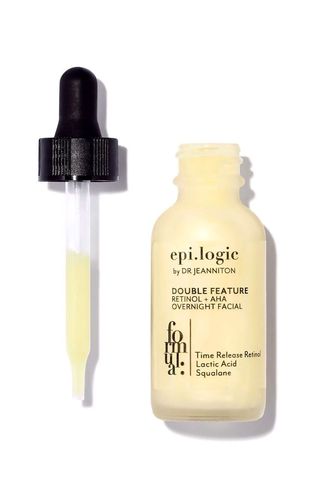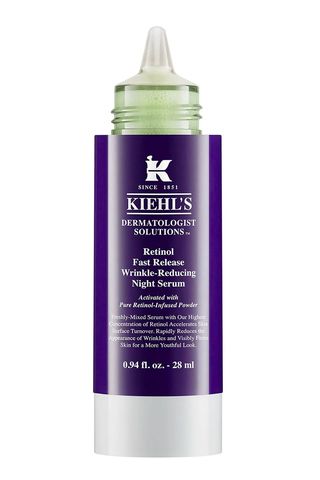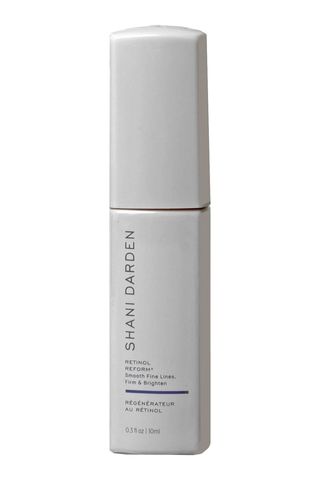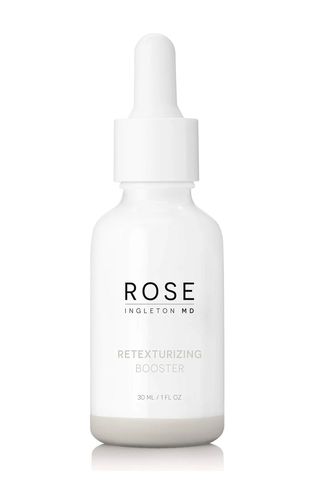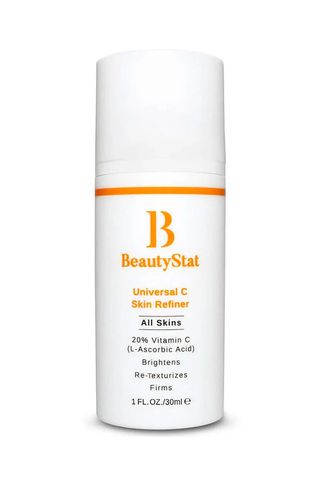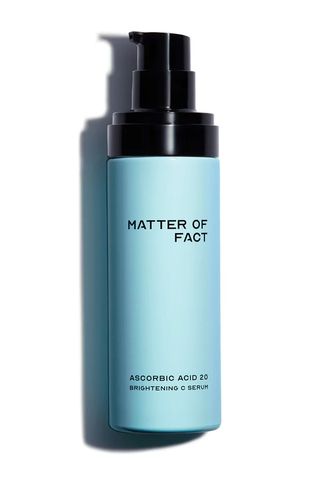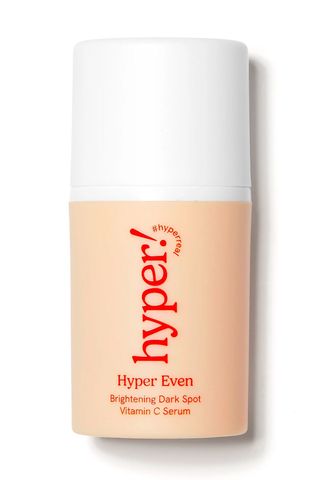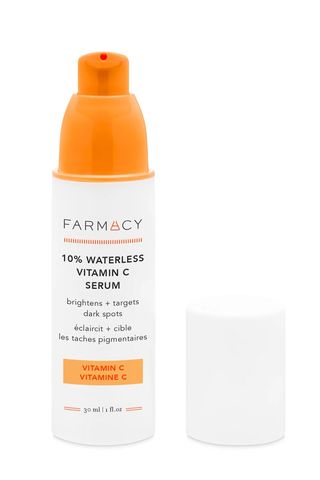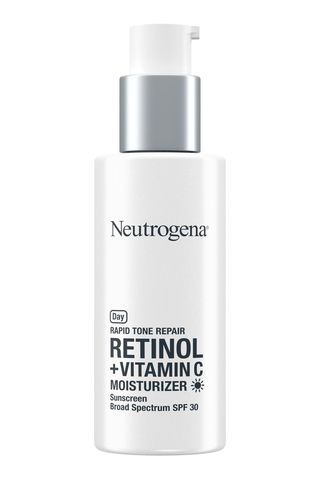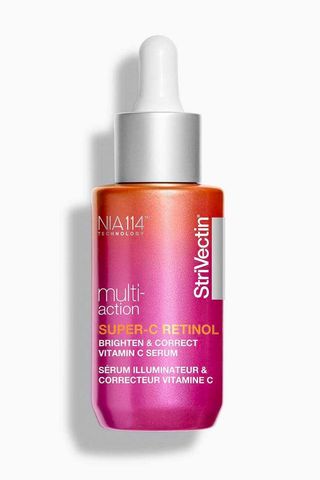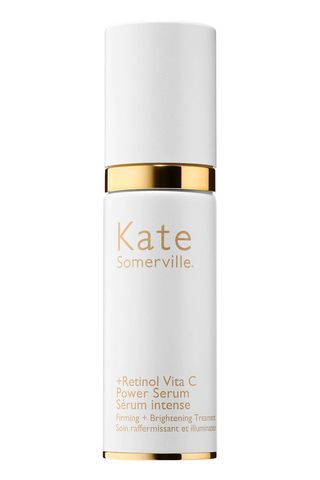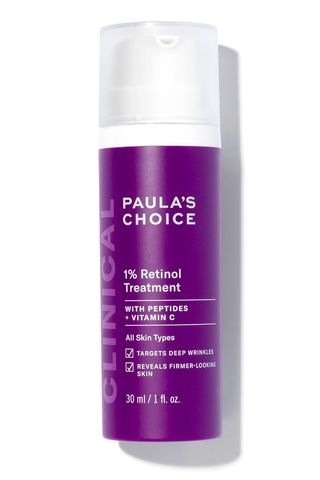How to Use Retinol and Vitamin C Together According to Experts 2022
Even as a beauty writer, the number of skincare ingredients on the market can be incredibly overwhelming. like what actually is working? What is just nonsense? I asked this exact question to some of my favorite dermatologists – Dendy Engelman, MD; Deanne Mraz Robinson, MD; and Shari Marchbein, MD – and they all gave me the same answer: Retinol and Vitamin C are undoubtedly the best and most studied ingredients to reverse signs of aging and give your skin a dewy glow. Not only that, but these MVP ingredients are even more effective in improving your skin texture when used together.
Surprising, right? Especially when they are so often referred to as irritating when used together. First, everything you need to know about combining retinol and vitamin C in your skincare routine, plus the best retinol and vitamin C products to try right now.
What is retinol and how does it work?
Retinol is a derivative of vitamin A, which is commonly used in skin care products to stimulate collagen production (the protein responsible for skin’s suppleness and firmness) and trigger cell turnover (your skin’s natural renewal process). “By signaling cells to behave like younger cells, Retinol can smooth fine lines and wrinklesfades dark spots and hyperpigmentation and improves skin tone and texture,” explains Dr. Engelman.
retinol is also a fantastic ingredient for treating acneas it “works at the cellular level to boost cell turnover rate, reduce inflammation and decrease oil production – all key functions in keeping pores clean and skin breakout-free,” said Dr. Marchbein before cosmo.
Retinol is available in various potencies either over-the-counter or by prescription (FYI, prescription-strength retinol is more effective than drugstore at treating acne) and typically comes in the form of a face serum, gel, or night cream.
What is vitamin C and how does it work?
Vitamin C is powerful antioxidant that can help prevent signs of aging and repair skin damage when applied topically. In terms of prevention, vitamin C is excellent at protecting skin from free radical damage caused by environmental factors like pollution, infrared light, and blue light, says Dr. Mr. Robinson.
“On the reparative side, vitamin C also supports collagen synthesis and Helps regulate melanin production to fade hyperpigmentation and give the skin an overall beautiful radiance and radiant glow,” says Dr. Mraz Robinson, adding that research has also shown that vitamin C, which often comes in the form of a serum, can enhance the protective benefits of SPF when used together.
Can I use retinol and vitamin C together?
Both Dr. Engelman and Dr. Mraz Robinson says yes, retinol and vitamin C are both must-haves in your skincare routine. Since then, having retinol and vitamin C in your skincare routine has been a great idea both are powerful anti-aging agents that target both skin texture and skin health.
“These ingredients are a dream team to combat dullness, fine lines, hyperpigmentation, acne and acne scars, and general skin aging,” says Dr. Mr. Robinson Vitamin C and retinol are the two ingredients she recommends most to her patients. “From a health perspective, vitamin C neutralizes free radicals and stressors on the skin, while retinol helps the skin shed unhealthy and potentially pre-cancerous skin cells, so they complement each other very well.”
What are the risks of using retinol and vitamin C together?
Vitamin C and retinol are both very powerful ingredients, which makes them valuable in so many ways, but it also means you need to use them with care. “Using these ingredients together is great for getting the protective and anti-aging results you want,” says Dr. Engelman, “But The downside is that they can irritate the skin.”
And that’s especially true if you have sensitive skin: “Retinol and vitamin C use can cause redness, itching, sensitivity, and other unwanted side effects,” says Dr. Engelman. However, you can avoid or reduce irritation by waiting the time between using these two ingredients, or by using your vitamin C in the morning and your retinol at night.
Another thing to consider if you want to minimize irritation when using vitamin C and retinol is the product formulation and packaging. as a rule, Choose a vitamin C that is sold in an opaque, airtight bottlee, as exposure to light and air may oxidize or degrade ingredients rendering them ineffective or possibly irritating. As for retinol? Start with a low concentration and opt for retinol for sensitive skin that is “encapsulated” or “time-released” as these are less irritating.
How do I use retinol and vitamin C together?
in general, Vitamin C is best used in the morning and retinol is best used in the evening. Apply your vitamin C serum to clean, dry skin in the morning, followed by a facial moisturizer appropriate for your skin type and a sunscreen with an SPF of 30 or higher. If you use a facial moisturizer with vitamin C, an SPF on top is sufficient.
“In the evening, You should apply your retinol to clean, dry skin and if your skin tends to be dry, you can layer it with a hyaluronic acid serum or hydrating moisturizer,” says Dr. Mr. Robinson. And since retinol can cause excessive dryness around the eyes and mouth, Dr. Mraz Robinson to apply an occlusive ointment like Aquaphor or Vaseline to these areas before using your retinol to create a protective barrier.
And FYI, if you’re someone who can’t take care of morning and night and just want to focus on skincare at night, as long as it’s in the same product, you can use vitamin C and retinol together using one of the options below.
Take away:
Our experts all agree that there are no two better ingredients than retinol and vitamin C when it comes to preventing and treating acne and acne scars, and reversing signs of aging like fine lines, uneven skin texture and discoloration.”It’s definitely a good idea to include both of these ingredients in your regular skincare routine” says Dr. Engelmann.
Just remember to choose formulas that work for your skin type and concerns, and use your vitamin C in the morning (with SPF, of course) and your retinol at night before bed.
Meet the experts:
- Dendy Engelman, MD, is a board-certified cosmetic dermatologist and Mohs surgeon at Shafer Clinic in New York, NY. dr Engelman is an expert in injections, lasers, and chemical peels.
- Deanne Mar Robinson, MD, is a board-certified dermatologist and co-founder of Modern Dermatology in Westport, CT, where she and her team offer all manner of medical and cosmetic dermatology treatments. dr Mraz Robinson is also an Assistant Clinical Professor of Dermatology at Yale University of Medicine in New Haven.
- Shari Marchbein, MD, is a board-certified dermatologist and founder of Niche Dermatology in New York, NY specializing in cosmetic and medical dermatology. dr Marchbein spoke to him before cosmo on using retinol to treat acne.
Why trust Cosmopolitan?
Gaby Shacknai is a New York City-based journalist with years of experience researching, writing and editing beauty and wellness stories ranging from aesthetic treatments for millennials to sweat reduction techniques. Gabby is an authority on all skincare categories, but an expert when it comes to vitamin C and retinol. She regularly tests and analyzes vitamin C and retinol products for efficacy and works with the industry’s leading dermatologists and estheticians to evaluate new formulas, brands and technologies.
This content is created and maintained by a third party and imported to this page to help users provide their email addresses. You may find more information about this and similar content on piano.io
